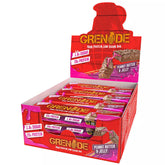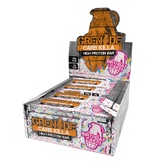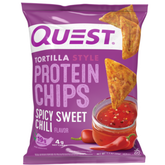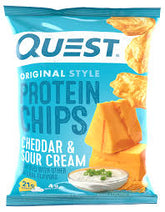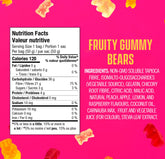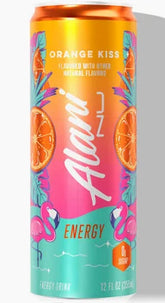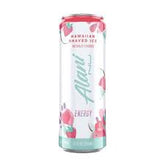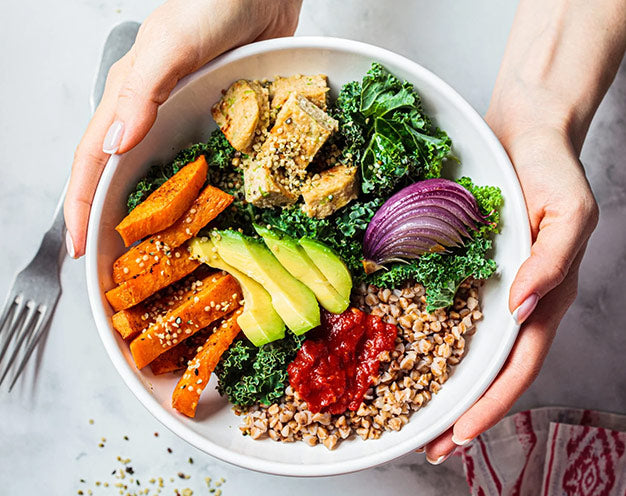Supporting your Child's Immune System
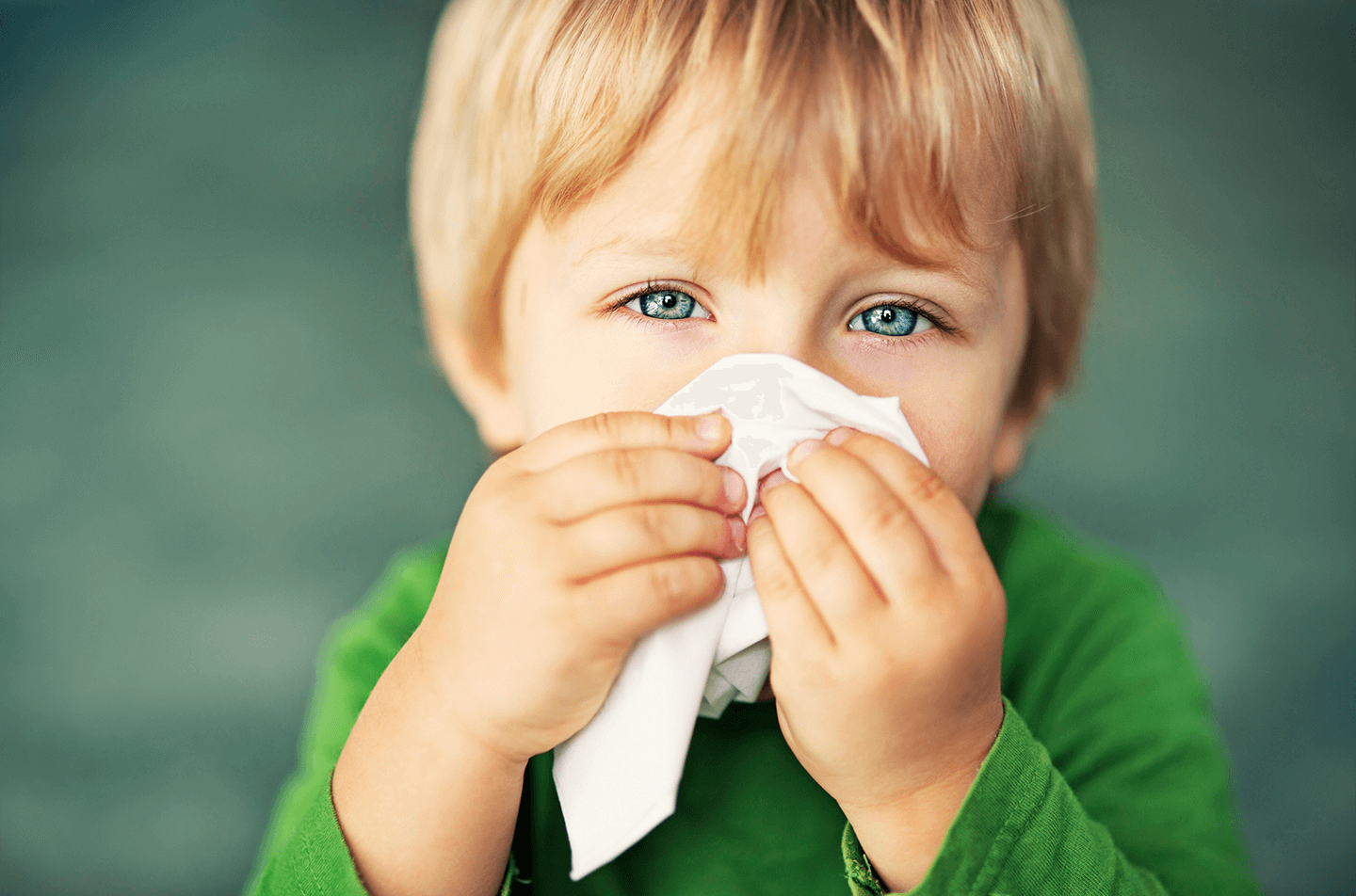
This blog post is inspired by the many parents and caregivers who get in touch with us about their children's immune systems and how they can try to keep them as healthy as possible.
I understand the need to want to give them ALL of the supplements but if your child has a good "base", they don't need ALL of the things. In saying that, there are a few areas through supplementation and nutrition that you can focus on to help support your child's immune system as well as being sure to concentrate on hydration, proper sleep habits and reducing stress levels.
Check out our blog post on our Top 3 Supplements for Children and Adults and why we consider these 3 supplements to be an excellent "base" for most people. Two of the supplements in there specifically are a Multivitamin/Mineral and a Probiotic - both of these are an excellent base for your child to take to ensure their immune systems stay strong and supported. Details on both of these and how they help to boost the immune system specifically are detailed below:
1. Multivitamins/Minerals and Foods Rich in Certain Nutrients
Multivitamins/Minerals are kind of like an insurance policy to fill in any gaps nutritionally that your child might be missing in his/her diet. In terms of immune system health, multivitamins/minerals have various micronutrients that help to ensure your child's immune system stays strong.
The 3 main micronutrients I look for in a Multivitamin/Mineral for good immune system support are:
- Vitamin D3 - You want this to be 400IU for children
- Vitamin C - You want this to be at least 50 mg for children
- Zinc - You want this to be at least 1 mg for children
In saying that, increasing your child's consumption of foods rich in these 3 micronutrients can also be helpful in keeping their immune systems strong. Great sources of these include guavas, bell peppers, strawberries, kiwi, oranges, papaya, broccoli, tomatoes, kale, fish, eggs, fortified cereals and grains, beef, chicken, hemp seeds and oatmeal.
Your child can typically start taking a multivitamin around the age of 2 in liquid form and switch to a chewable or gummy around the age of 3-4 for ease and can continue taking a multivitamin/mineral into adulthood.
2. Probiotics and Foods Rich in Probiotics
Our children's gut contains bacteria - both good bacteria as well as bad bacteria. We're finding out so many new things about our gut, the bacteria in it and how it all interconnects to our different body systems, but what we do know when it comes to immune system health is that 70-80% of our immune system is located in our gut.
Which means, to strengthen our children's immune systems, we need to work on their gut health and an easy way to do that is to either supplement with a probiotic (good bacteria) and/or increase probiotic-rich foods in our little ones daily diets.
Foods rich in probiotics include:
- Sauerkraut
- Kimchi
- Water and Milk Kefir
- Yogurt
- Tempeh
- Miso
Children can start taking a probiotic as soon as they are born in powder form (mixed with breastmilk or formula) and can switch over to a chewable around the age of 3-4 for ease.
3. Nutrition and Immune-Boosting Foods
This section is going to be all about specific, classic foods that you can add in to your family’s daily meals that help to build up your children's immune system.
- Adding in turmeric, ginger and garlic into your cooking as much as possible. Turmeric is an anti-inflammatory food that supports the immune system. Ginger is widely known as an anti-nausea food but it is also a major immune system supporting food as well and helps with respiratory illnesses. Garlic is an antibacterial food and can help with bacterial infections and again with immune function by augmenting the amount of a certain type of white blood cell that we have in our bodies.
- Raw Honey is great for immune system health and is especially soothing in a warm drink for sore throats. Suitable for children 1 +
- Coconut - any form of it will have many immune supporting benefits with its antimicrobial and antiviral effects. We love cooking with coconut oil and using coconut milk or coconut flakes in baking.
Eating foods that have beneficial actions against viruses and bacteria in the body helps take some of the stress off of our children's immune systems so hopefully they'll get sick less often.
4. The Extras
As I mentioned above, concentrating on a good "base" of basic supplements for your child, increasing foods rich in Vitamin C, D and Zinc, immune boosting foods, fermented foods, ensuring proper sleep habits, hydration and reducing stress levels is the best place to start in terms of supporting their immune systems.
From there, there are different items that I like to keep on hand if a cold or cough starts in my household or if I feel like I need to give a little extra something daily to the kids.
You'll often see these two ingredients in some of the more popular immune boosting supplements for children and this is why they're in there:
- Echinacea - helps to fight infections and prevent colds and flus
- Elderberry - an antioxidant that helps shorten the duration of colds and flus and respiratory illnesses
Please remember to talk to your child's health care provider if you're wanting to change anything in their supplementation or diet routine to ensure these changes are right for them. All information provided is for educational and informational purposes only and is not meant to diagnose, cure or treat.


